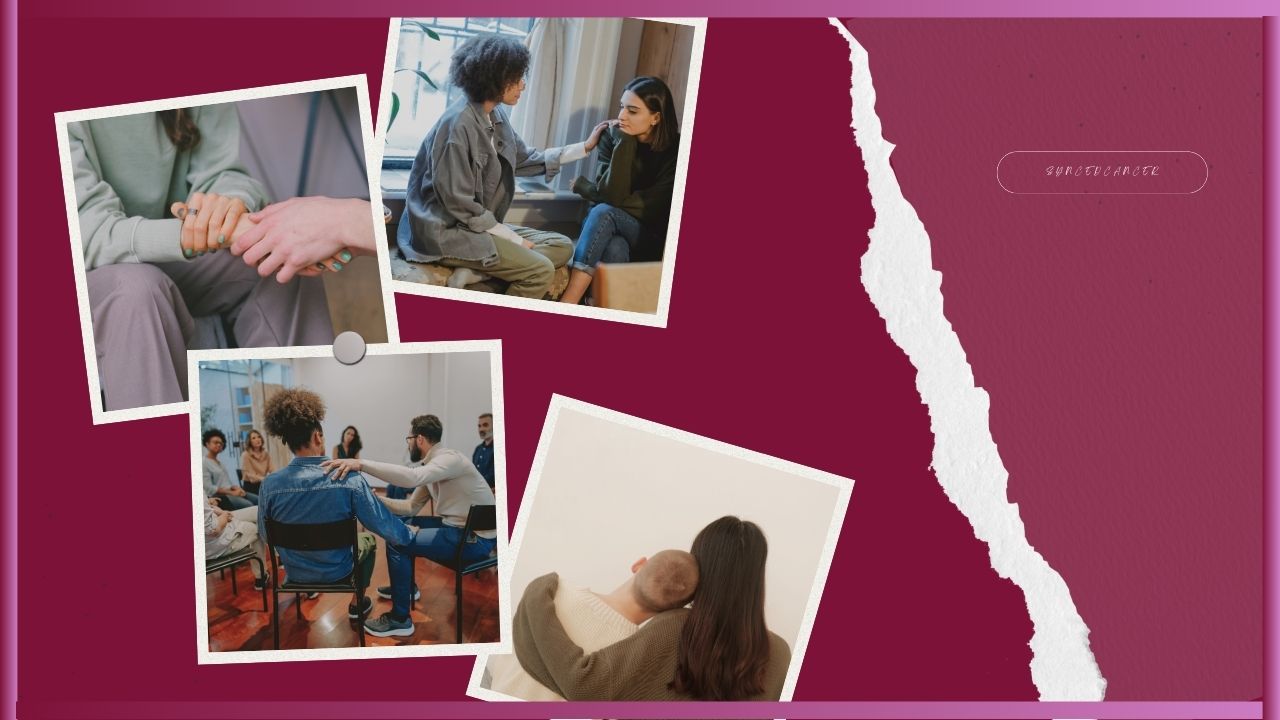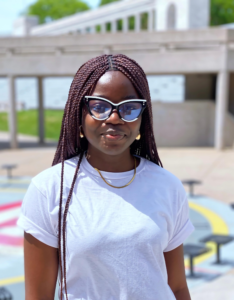In Nigeria, when we talk about cancer, especially late-stage cancer, we mainly talk about treatment. Chemotherapy. Surgery. Radiotherapy. Herbal concoctions, even. But we rarely talk about how to help people live well when there’s little or no cure in sight. That’s where supportive care comes in.
Supportive care (sometimes called palliative or hospice care) is that extra layer of help for people with serious illnesses like breast cancer, especially in its advanced stages. It focuses on comfort, pain relief, emotional well-being, and perhaps most importantly, giving patients and families the dignity to make informed choices about the kind of care they want near the end of life.
However, a recent U.S. study has shown that even in a country with advanced healthcare systems, many older adults with cancer are still not getting this kind of support when they need it most. And if that’s happening over there, where things “work,” what about here in Nigeria?
What Exactly Is Supportive Care?
Supportive care is not about giving up. It’s about helping people feel better and live better while going through a serious illness, especially when the cancer is advanced and there’s little chance of a cure. It includes things like:
- Managing pain and other symptoms (like nausea, weakness, or breathlessness)
- Offering emotional and spiritual support
- Helping patients and families make decisions about the kind of care they want
- Planning for possible medical emergencies
- Giving caregivers the tools and support they need, too
In Nigeria, we sometimes confuse this with “abandoning treatment.” But it’s not. It’s part of quality care. Supportive care can and should begin alongside active treatment. Starting it early can sometimes improve the quality of life and survival.
What the U.S. Study Found (And Why It Matters to Us)
A group of American researchers looked at the medical records of over 33,000 people aged 66 and above who had advanced cancers (including breast, lung, prostate, and pancreatic) and died between 2014 and 2019. Here’s what they found:
- Nearly half of them (46%) ended up in the hospital during their last month of life.
- Emergency room visits were prevalent in the last month before death.
- Palliative care and advance care planning were very low, even at the end stages.
- Most people only enrolled in hospice care (a type of supportive care) in the last month of their lives.
- Only 6.6% started hospice six months before death when it might have made a bigger difference.
People waited too long to start getting the kind of care that could have made their final days less painful and more peaceful.
And that’s not just an American problem; it’s very much a Nigerian one, too.
Why Do People Wait Too Long?
People delay or avoid supportive care for many reasons. Some of them include:
- Cultural Misunderstanding: In Nigeria, we often equate palliative care with “giving up” or “waiting to die.” Families may think asking about supportive care means you don’t believe in God or miracles. But that’s not true. Supportive care is not about taking away hope, it’s about improving the life you have right now.
- Poor Communication from Healthcare Workers: Nigerian doctors are overwhelmed. Many don’t have the time or training to discuss long-term planning or end-of-life care. So, patients and families are left confused, scared, and unprepared.
- Limited Access: There are very few dedicated palliative care centres in Nigeria. Most cancer care is focused on active treatment, and very few facilities offer proper pain management or counselling services. Even when palliative services exist, most people don’t know about them or can’t afford them.
- Fear of Death: Death is still a taboo topic in many Nigerian homes. Talking about “what happens if I die” is seen as a curse or invitation to bad luck. So, we avoid it until it’s too late to plan.
Why This Matters for Nigerians Living with Advanced Breast Cancer
Breast cancer is one of the most common cancers in Nigeria and sadly, many people are diagnosed at a late stage when a cure is unlikely. For these individuals, supportive care isn’t just helpful, it’s essential.
Supportive care can help manage the following:
- Severe pain from bone metastases
- Emotional trauma from losing a breast or facing a terminal illness
- Financial stress on families
- Depression, anxiety, and the fear of dying
Yet many Nigerians with breast cancer end up spending their final days in pain, shuttling between hospitals, or worse, relying on expensive treatments that do little to improve their actual quality of life.
So, What Can We Do Differently?
Here’s what we all—health workers, patients, caregivers, and policymakers need to start doing:
- Normalize Conversations About End-of-Life Care: Doctors and nurses need to create space for honest, compassionate conversations about what patients want, especially when the cancer is no longer responding to treatment.
- Educate Patients and Families: People must understand that palliative care is part of good cancer care. It’s not “second-rate” medicine. NGOs and cancer advocacy groups in Nigeria must lead this education drive.
- Train More Healthcare Providers: Nigeria needs more trained palliative care specialists. This includes doctors, nurses, social workers, and religious leaders who can offer spiritual support.
- Expand Access Through Policy: The government and health agencies should integrate palliative care into the National Health Insurance Authority (NHIA) plan. Most Nigerians pay out-of-pocket for pain relief and supportive services if they can even find them.
- Support the Supporters: Caregivers, often family members, need their support. They bear physical, emotional, and financial burdens. Counseling, training, and rest breaks should be available for them too.
Final Thoughts
It’s easy to focus only on “fighting” cancer. But sometimes, the fight changes. Sometimes, the goal isn’t to cure but to care.
Let’s start seeing supportive care as what it truly is: a form of compassion. A human right. A way to ensure that even when cancer can’t be cured, people can still live and die with dignity, peace, and love.
We owe that to every Nigerian facing advanced cancer. Not just to keep them alive but to help them live well to the end.











What do you think?
It is nice to know your opinion. Leave a comment.